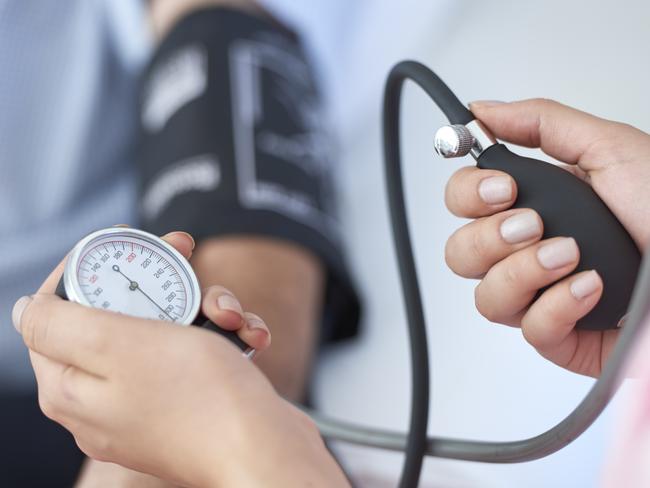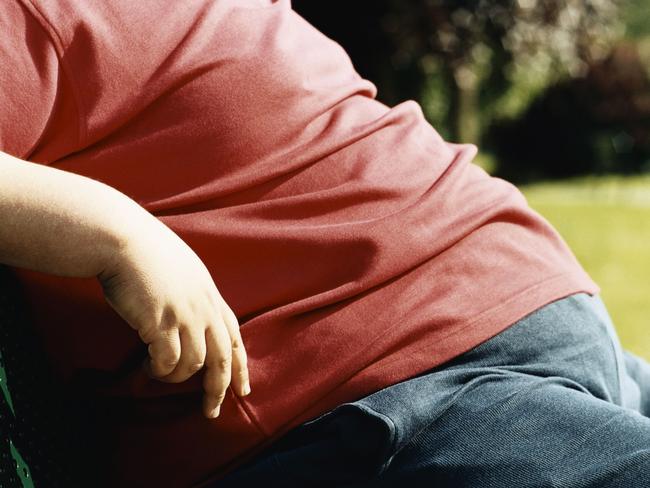Obese patients a drain on regional medical care
REGIONAL hospitals are struggling to cope with the extra time and resources required to treat obese patients, creating tension between doctors and patients, a medical conference has been told.
News
Don't miss out on the headlines from News . Followed categories will be added to My News.
REGIONAL hospitals are struggling to cope with the extra time and resources required to treat obese patients, creating tension between doctors and patients, a large medical conference has been told.
Dr Jamie Beit, the director of anaesthesia at Toowoomba Hospital in regional Queensland, has given a clinical snapshot of 250 elective surgery patients to highlight the impact of the obesity epidemic.
According to the figures, just 10 per cent of the 141 females were considered in the healthy weight range according to the body mass index (BMI), while 60 per cent were classified obese.
BABIES FROM POOR FAMILIES HAVE HIGHER RATE OF OBESITY
SCIENTISTS FIND SWITCH CAN TURN WEIGHT GAIN ON AND OFF

A concerning 23 per cent were severely obese (class 3). If the 109 male patients, 22 per cent were in the healthy weight range.
“We have over twice as many people who are class 3 obese than normal weight, and from a service provision point of view that does create significant problems,” Dr Beit said.
With 35 per cent of all adults living in regional areas of Australia, Dr Beit suspects this is just not an issue isolated to Toowoomba Hospital.
Shepparton has the third-highest rate of obesity in Australia, and heavy patients are a nationwide problem.
“This is probability coming to everyone else as well,” Dr Beit said. “The worst obesity in Australia, in every state, is in the regions ... the worst in Victoria is in the Murray region.
“I suspect their numbers are very similar to ours and they are grappling with the same problems.”
Dr Beit said his hospital had begun including a patient’s weight on lists a day in advance so surgical teams could prepare for longer operations, often scheduling less patients on days to cope with more complex surgeries.

While staff could find the sheer volume of large patients confronting, Dr Beit said having larger than average beds, operating tables and other equipment across the board eased concerns.
“If you take a systems approach and you get well organised, you can still provide good care for these people,” Dr Beit said. “We have entire (surgery) lists where everyone is over 100kg. We have twice as many female patients with BMIs over 40 than we have normal BMI patients.
“We have had no choice. If we want to provide good care we’ve had to adapt to this as our patients have changed.”
But Dr Beit warned that measures to deny or delay surgery to obese patients until they lost weight was fraught.
While some patients cannot undergo certain surgeries due to the risk of infection and should be referred to other treatments, Dr Beit said waiting for most to lose weight simply did not work.
“They disengage from the process, they go home and the disease gets worse, then they come back to us in a worse state,” he said.
Dr Beit was a speaker at the Annual Scientific Meeting of the Australian and New Zealand College of Anaesthetists in Sydney.
with AAP
The journalist attended the Sydney conference as a guest of ANZCA


